Digital Skills in Education
Find all the initiatives related to digital skills for education in Luxembourg
Coding and computational thinking play an increasingly important role in our society today. In order to promote these skills among pupils and students, the SCRIPT presents the platform kodeieren.lu which offers the opportunity to network with schools and experts in the field of coding and computational thinking. In collaboration with experts, teachers can expand or deepen their coding know-how through activities or projects. This platform is a tool for teachers to implement the strategy “Einfach kodéieren“. It aims to inspire and support teachers to experiment with computational thinking and coding in order to share these experiences with children in a playful way with the support of experts.
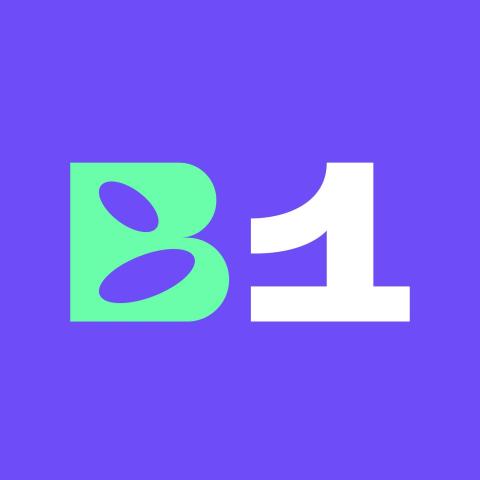
The Kreativitéit erliewen – Base1 team from the National Youth Service (Service national de la jeunesse – SNJ) offers a varied range of activities that allow children and young people to work creatively with new technologies and media. Here at Base1, kids can give ideas free rein and carry out their project from A to Z: Build a drone or a robot, make a video for your YouTube channel or record a song, learn how to code a video game or design their own T-shirt. The activities are aimed at different target groups and provide a space and time for creative experiences. This involves creating, experimenting, failing, understanding and carrying out their own ideas. Specialist activity leaders help children and young people carry out their projects or activities.
Code Club Luxembourg is a non-profit organisation run by a community of volunteers and aims to awaken children’s interest in digital creation. Code Club provides free educational resources in French, German, English and several other languages to create computer games and animations as well as robotics and electronics projects, primarily based on Scratch.
Code Club collaborates with the National Youth Service on the Coding4Kids project, which offers every child a gateway to first-hand programming experiences.

‘Einfach Kodéieren’ in der Grundschule. Coding, computational thinking and problem-solving (computational thinking) are competencies that are promoted in primary schools from September 2020/21. Pupils learn to understand how digital devices reason and practise setting up instructions for digital devices, also called algorithms, themselves. To enable every student to develop these skills, coding is embedded in a systematic way in public school education. In the basic school, it is being gradually introduced from the start of the 2020-2021 school year, beginning with cycle 4. This introduction is accompanied among other things by: a starter kit sent to all basic schools with teaching materials to be used with or without a screen (an activity manual, small robots, etc.); a platform of online educational resources for teachers; specialised digital literacy teachers who support teachers in implementing media literacy in primary schools…

42 Luxembourg is a free, full-time, peer-to-peer coding school that prepares you to kickstart your computer science career through collaborative, project-based learning.
The innovative, peer-to-peer learning approach allows participants to learn collaboratively, mirroring real-world team projects in computer science. With no traditional classrooms or teachers, the 24/7 campus promotes self-paced learning, utilizing principles of gamification to make the process both engaging and effective. Participants can choose from diverse specialisations, each one designed to equip learners with in-demand skills that lead to rewarding careers in computer science. Whether it takes 12 months or several years, our flexible curriculum adapts to each learner’s pace, ensuring a comprehensive understanding of their chosen field.
42 Luxembourg is one of 50 campuses worldwide, all of which are based on the model of the first campus in Paris from 2013

IMS Luxembourg and CARE Luxembourg join forces to propose the Digital Challenge project. The objective is to create sustainable cooperation between students, teachers, high school guidance units and HR departments of companies. This will allow us to comprehend the new challenges linked to the future of employment and to accompany the future of young people searching for meaning, especially in the job market.

The mission of Algora’s network of about a hundred schools is to train young people in the challenges of digital technology in order to better understand the world around them. To learn to code, nothing is better than a playful, creative and concrete approach. And for a child activity, what could be more playful than building a robot that obeys the finger and the eye? The programmable robot used in the courses (and developed by Algora School) is unique in its kind since the bricks can be clipped together at 360°, thus allowing an amazing speed of construction and ease of use adapted to all ages. It is a children’s activity that is suitable even for the youngest.

Algorithmics combines offline and online education to teach children from 6 to 17 years old creative and logical thinking, how to work in teams and much more in an exciting and playful way. It helps children take their first steps in STEM through the creation of video games, cartoons, and IT projects. They acquire skills in critical thinking and logical reasoning, presentation and project planning, teamwork, and more. No matter who they grow up to be, these children will take advantage of what they learn with Algorithmics. This franchise wants children to learn skills that will help them in the future, no matter what profession they choose later.

The Luxembourg Media and Digital Design Centre (LMDDC) is a digital innovation centre dedicated to training and learning. It provides assistance to the digital education, training and learning ecosystem along the entire value chain in Luxembourg, bringing together EdTech providers, digital learning content and media providers, public and private institutions, educators, commercial organizations, citizens and researchers, to make the design, implementation and deployment of their innovative digital learning content a reality.
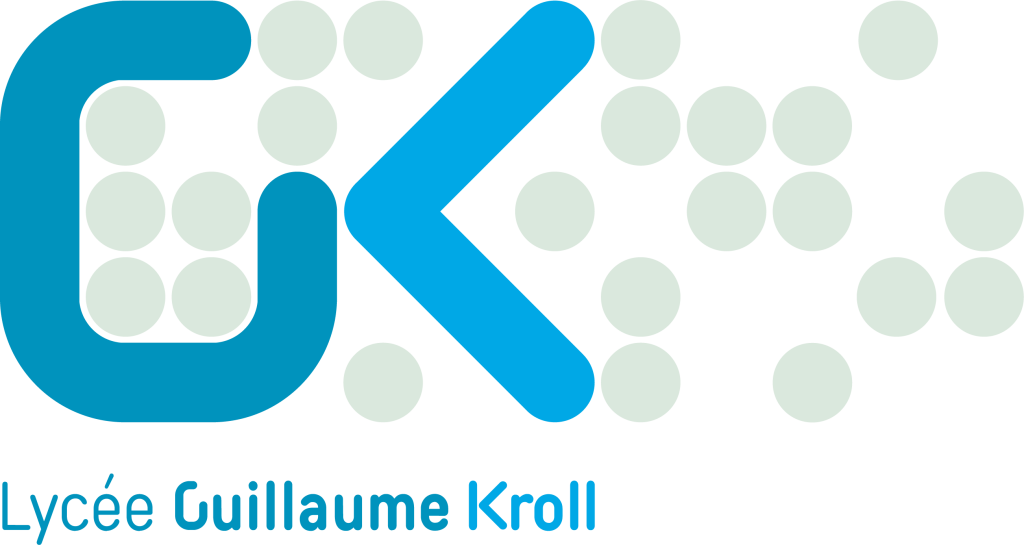
The “Smart Technologies” course at the Lycée Guillaume Kroll is offered at the level of the technician diploma. In this diploma, students will learn in a playful way how to program robots. A team of engineers and teachers will teach them how to combine theory and practice so the students can specialise afterwards in the most exciting areas of technology such as robotics, automation, home automation, network technology or renewable energy.
The “Cloud Computing” BTS is offering a two-year course with a cutting-edge approach to Cloud technologies, with significant involvement from external partners, and a modern teaching approach adapted to ICT.
The “Cybersecurity” BTS aims to train future IT professionals by offering a contemporary, state-of-the-art training course in cybersecurity, to meet the growing demand in IT and computing-related sectors.

The Luxembourg Tech School A.s.b.l (LTS) is an extracurricular school to support the development of future Digital Leaders. It is aimed at 13-19 years old students who are passionate about the digital realm and eager to learn and apply technology in a real business context. LTS is now in more than 7 schools and is coaching more than 120 students! Students follow a Business and Technology program, get personalized coaching and work on their own projects.
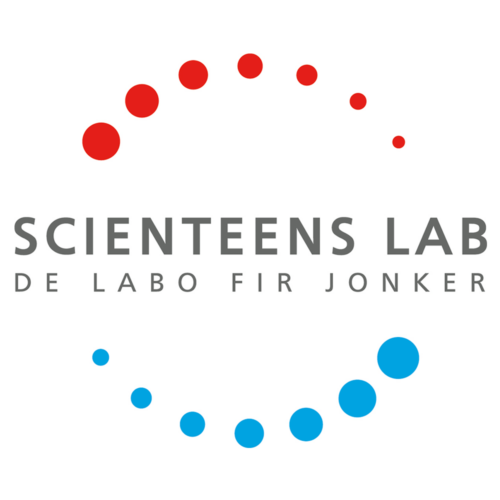
The Scienteens Lab an extracurricular learning centre of the University of Luxembourg, is organising its first workshops in computer science for secondary school pupils. It has imagined an exhaustive programme in computer science in collaboration with researchers from the Faculty of Science, Technology and Medicine (FSTM) of the University, more precisely the AI Robolab headed by Prof. Léon van der Torre. This project, entitled “Become A Computer Scientist” (BeCos), has recently gained the support of the National Research Fund (FNR). It will be funded through the PSP-Flagship programme that aims to set up long-term science outreach activities in Luxembourg.
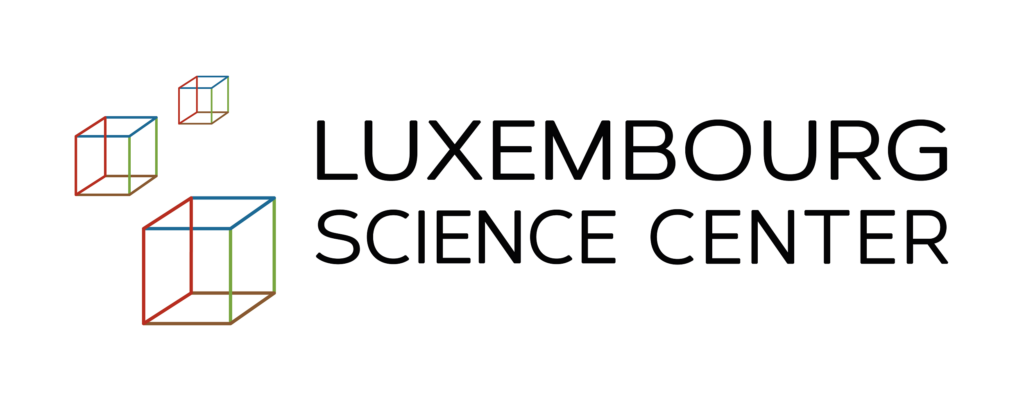
The Luxembourg Science Center is a fun and entertaining discovery centre dedicated to science and technology. It is open to the public every day and actively collaborates with schools & universities in Luxembourg and in the greater region. Visitors will discover nearly 100 interactive stations, spectacular « science shows » and daily workshops allowing them to observe and interact with the wonders of our world.
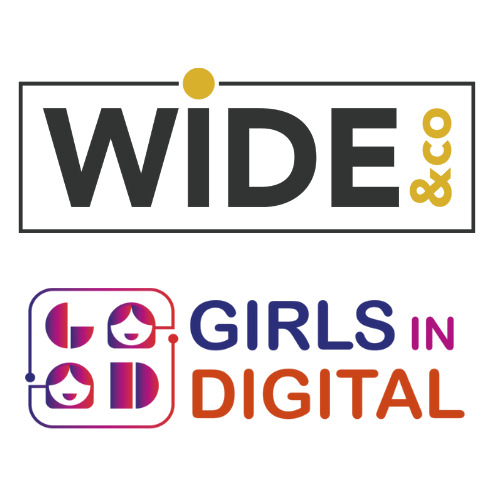
The girlsindigital.lu platform created by WIDE ANDCO aims to give information, offer activities and share experiences from women in tech to inspire girls to benefit from the growth of the digital world and its opportunities allowing for better digital inclusion. Fun activities to learn coding, quizzes with interesting facts, testimonies of inspiring female role models in ICT (Information and communication technology) in Luxembourg, opportunities for education in the STEM and digital fields (science, technology, engineering and mathematics) in Luxembourg… It is an information point for young people, especially girls, who want to know more about the ICT sector!
